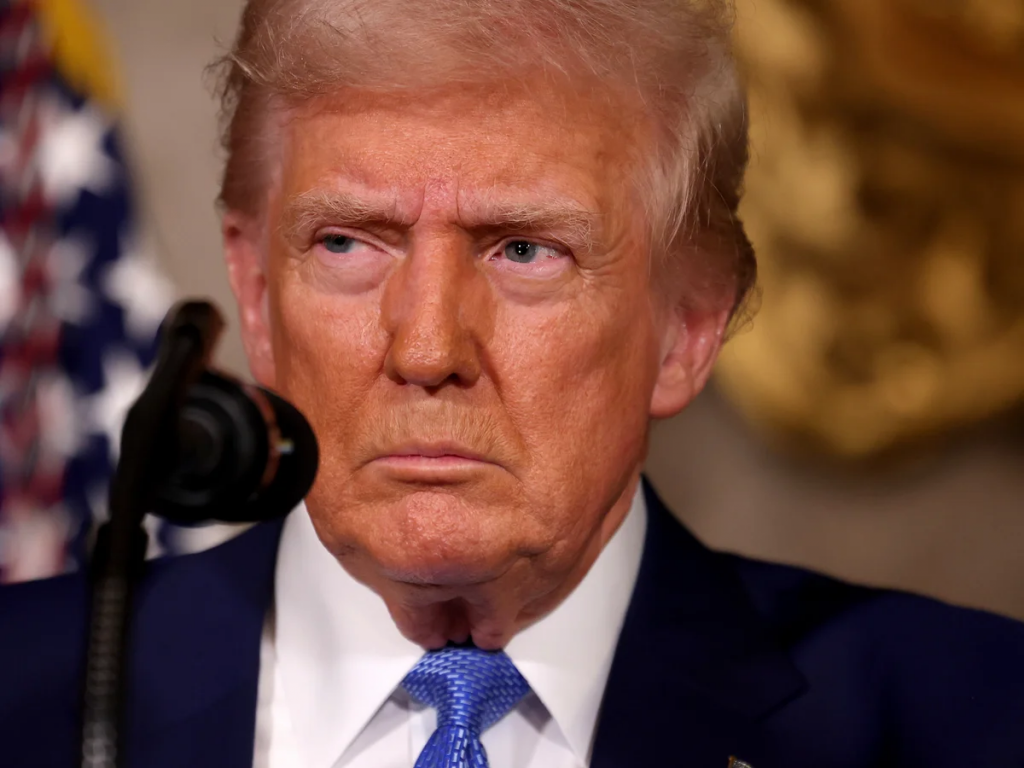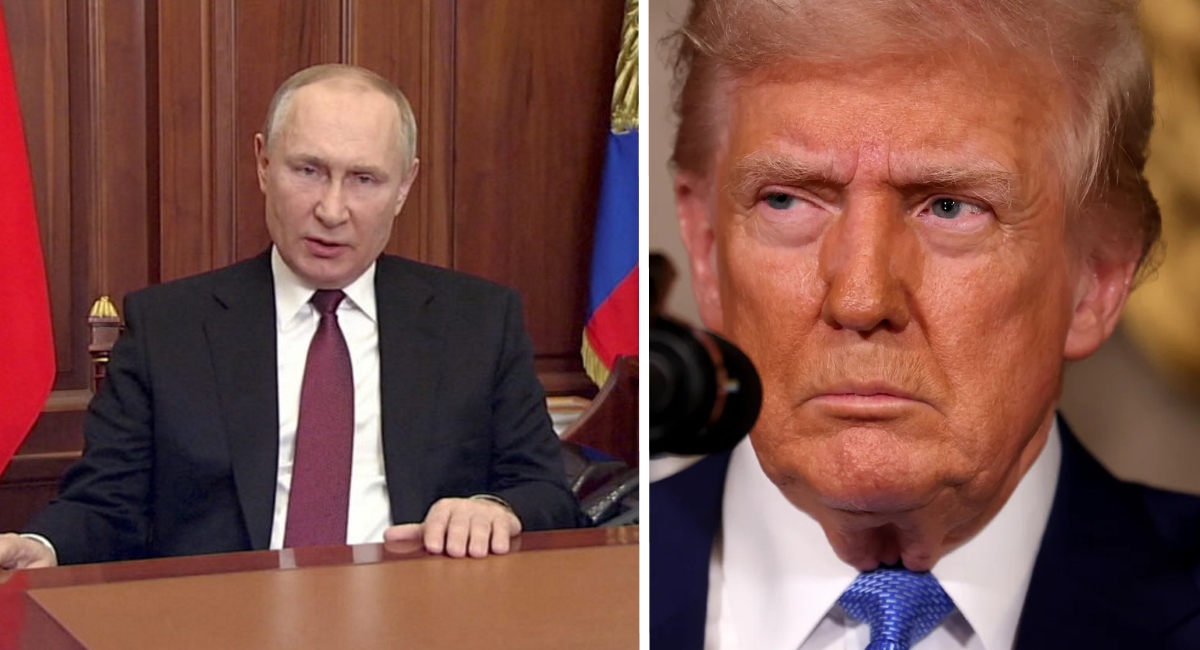A former Russian president has issued a chilling warning, declaring that Russia should prepare to strike the West—despite global leaders scrambling to avoid nuclear escalation. The ominous remarks follow a senior general’s claim that “World War III has already started,” sending shockwaves through diplomatic corridors and reigniting fears of a looming global confrontation. An exposé on those alarming comments outlines how this rhetoric is reshaping international tensions.
Speaking from his position as Deputy Chairman of Russia’s Security Council, Dmitry Medvedev argued that Western military aid, sanctions, and satellite surveillance amount to a full-scale war. He insisted that Moscow must be ready for “preemptive strikes” if it’s being threatened, framing the West as a persistent aggressor aimed at toppling Russia. Official transcripts from TASS confirm Medvedev’s chilling insistence that Russia must act in “full force.”

“We have to respond fully—and if necessary, carry out strikes in advance,” Medvedev warned.
Echoing his ex-president’s defiance, Major General Apti Alaudinov went even further, declaring that the world must now acknowledge that “World War III has already begun.” He called for the mobilization of up to a million troops to confront the West and reinforce support for allies in the Middle East. Coverage of his urgent call to arms highlights how quickly this sentiment is gaining traction.
This aggressive posture follows a provocative ultimatum from former U.S. President Donald Trump, who warned Russia to accept a ceasefire within 50 days or face sweeping sanctions and weapon support to Ukraine. Medvedev dismissed this as “Western blackmail” and urged immediate action. Analysis of Moscow’s fiery response reveals how it hardened their stance.
“This isn’t just aggression—it’s open war already,” the general proclaimed.
Meanwhile, NATO is reinforcing its deterrence strategy. A U.S. Army general recently emphasized that NATO forces can swiftly seize Kaliningrad if Russia escalates, prompting immediate outrage from Moscow that such actions would effectively ignite a world war. An in-depth breakdown of NATO’s capabilities underlines how military responses are being recalibrated.
U.S. and European officials are rushing to coordinate defense aid, but analysts warn this response could dangerously mirror Medvedev’s own strategy. He was quick to point out that long-range missiles provided to Ukraine have already triggered a de facto global war, with world powers now engaged directly. His remarks, reported by TASS, argue that the Kremlin sees diplomatic coercion as war by other means.
This rhetoric has left diplomats scrambling. NATO leaders and U.S. defense officials are privately coordinating more missile shields for Eastern Europe, hoping to prevent Medvedev’s worst predictions from coming true. However, critics warn that such steps could be spinning a dangerous spiral of military buildup. Strategic analysis of these concerns shows how quickly a standoff could descend into armed confrontation.
To add fuel to the fire, Medvedev dismissed any talk of Russia invading NATO territory—but his calls for strikes on European infrastructure and military targets have still ratcheted up alarm. These statements have drawn vigorous condemnation from Western capitals. A summary of global sanctions and rebuttals details the diplomatic backlash.
This is far from the first time world leaders have sounded nuclear alarms. Experts point to Cold War incidents like Able Archer ’83 and recent Ukrainian general warnings about proxy escalation as early signs of a brewing world conflict. Historical examples of nuclear brinkmanship offer context for today’s threats and remind us how small errors can escalate dangerously.
“We’re living in a tinderbox,” tweeted a defense analyst. “These words could spark fire.”
Despite the alarming rhetoric, Medvedev’s tone carries a paradox—denying any plan to invade NATO while advocating strikes across Western territories. Analysts interpret this as psychological warfare: a move to keep the tension high and unsettle Russia’s adversaries without overt action. An investigative piece on this tactic suggests it’s meant to pressure Western unity.
Back in Russia, state-run media replayed Medvedev’s speech nonstop, framing it as a patriotic stance in defense of national sovereignty. Kremlin spokesperson Dmitry Peskov backed the language, noting it reflected a broader consensus about the West’s aggressive posture. Press coverage of Moscow’s public response confirms the Kremlin’s alignment.

With this mounting rhetoric, the world watches anxiously. Defense ministers from NATO countries are reportedly discussing additional missile defenses, while humanitarian groups warn of the growing risk of nuclear brinkmanship. A briefing on international safety concerns highlights the tense atmosphere.
In the end, Medvedev’s revelation that “World War III has already begun” is not just an alarm—it’s a high-stakes gamble. His threat to strike preemptively reframes global strategy: are we responding to war, or being drawn into one? The answer could depend on whether cooler heads prevail in this escalating chess match.






